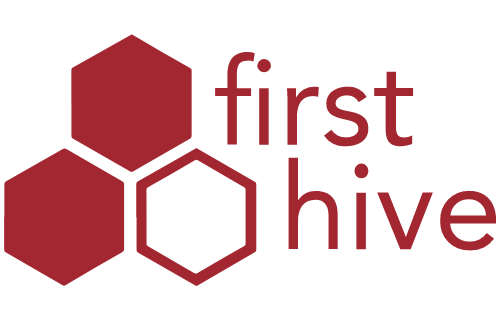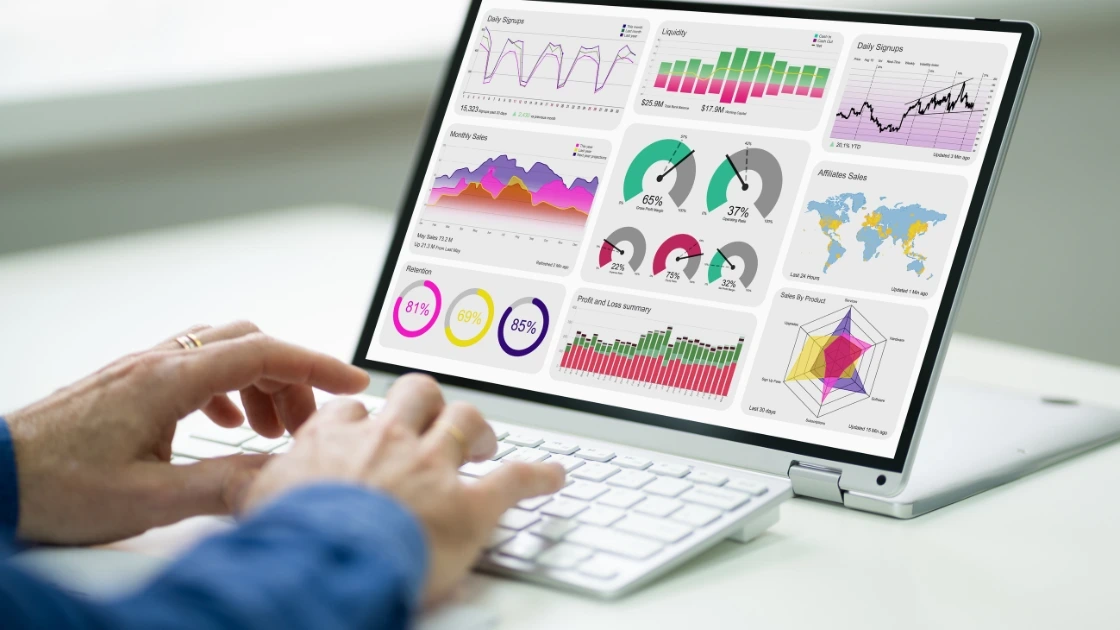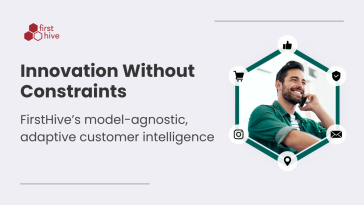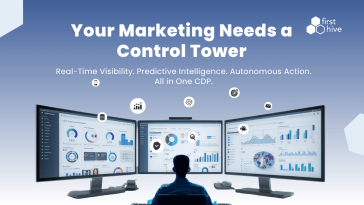In today’s digital age, data is king. Every business needs to have a solid understanding of its target audience, their preferences, and their online behavior in order to create effective marketing strategies. This is where digital marketing analytics platforms come into play.
What is Digital Analytics?
Digital analytics is a crucial aspect of modern marketing strategies. In today’s digital age, businesses heavily rely on online platforms to reach their target audience and promote their products or services. However, simply having an online presence is not enough; it is equally important to monitor and analyze the performance of digital marketing campaigns to ensure their effectiveness.
Digital analytics involves the systematic collection, analysis, and interpretation of data from various digital sources. These sources can include websites, social media platforms, mobile applications, email marketing campaigns, and more. By gathering data from these sources, businesses can gain valuable insights into their audience’s behavior, preferences, and interactions with their digital content.
One of the primary objectives of digital analytics is to track and measure website traffic. This involves monitoring the number of visitors to a website, the pages they visit, and the duration of their stay. By understanding website traffic patterns, businesses can identify which pages or content are most popular and optimize their website accordingly.
User engagement is another important metric that digital analytics focuses on. It involves analyzing how users interact with a website or digital content, such as clicking on links, watching videos, or leaving comments. By measuring user engagement, businesses can determine the effectiveness of their content and make improvements to enhance user experience.
Conversion rates are also a key metric in digital analytics. Conversion refers to the desired action that a business wants its audience to take, such as making a purchase, filling out a form, or subscribing to a newsletter. By tracking conversion rates, businesses can assess the success of their digital marketing campaigns and identify areas for improvement.
Overall, digital analytics plays a vital role in optimizing the performance of digital marketing campaigns. By collecting and analyzing data from various digital sources, businesses can gain valuable insights into their audience’s behavior and preferences. This information can then be used to make data-driven decisions, improve user experience, and ultimately drive better results for their digital marketing efforts.
What are Digital Analytics Tools?
Digital analytics tools are software platforms that help businesses gather, organize, and analyze data from multiple sources to gain insights into their digital marketing efforts. These tools provide a wide range of features and capabilities to help businesses make data-driven decisions and improve their marketing strategies.
Top Digital Analytics Tools on the Market Today
There are numerous digital analytics tools available in the market today. Here are some of the top tools:
- Fullstory
- Google Analytics
- Adobe Analytics
- Hotjar
- Mixpanel
- Sprout Social
- Hootsuite
- Zoho Social
- Ahrefs
- Semrush
- Moz Pro
- Optimizely
- AB Tasty
- Parse.ly
Product Analytics
Product analytics tools focus on analyzing user behavior within digital products, such as websites and mobile apps. They help businesses understand how users interact with their products, identify areas for improvement, and optimize the user experience.
Top Social Media Analytics Tools
Social media analytics tools are designed to track and measure the performance of social media marketing campaigns. They provide insights into engagement, reach, audience demographics, and other key metrics to help businesses assess the effectiveness of their social media strategies.
Top SEO Analytics Tools
SEO analytics tools are specifically designed to analyze website traffic and performance from a search engine optimization (SEO) perspective. They help businesses track keyword rankings, monitor backlinks, and identify opportunities to improve their organic search visibility.
A/B and Multivariate Testing Tools
A/B and multivariate testing tools allow businesses to conduct experiments and compare different versions of their website or marketing materials. These tools help optimize conversion rates, improve user experience, and make data-driven decisions.
Customer Analytics Tools
Customer analytics tools focus on analyzing customer data to gain insights into customer behavior, preferences, and demographics. They help businesses understand their customers better and tailor their marketing strategies to meet their needs.
How to Choose the Right Digital Analytics Tool
Choosing the right digital analytics tool for your business can be a daunting task. Here are some factors to consider:
- Features and capabilities
- Ease of use
- Integration with other tools and platforms
- Scalability
- Customer support and training
- Pricing
Conclusion
Digital marketing analytics platforms play a crucial role in helping businesses collect, analyze, and interpret data to optimize their marketing strategies. With the right tools, businesses can gain valuable insights into their target audience, improve their marketing efforts, and ultimately drive better results.








